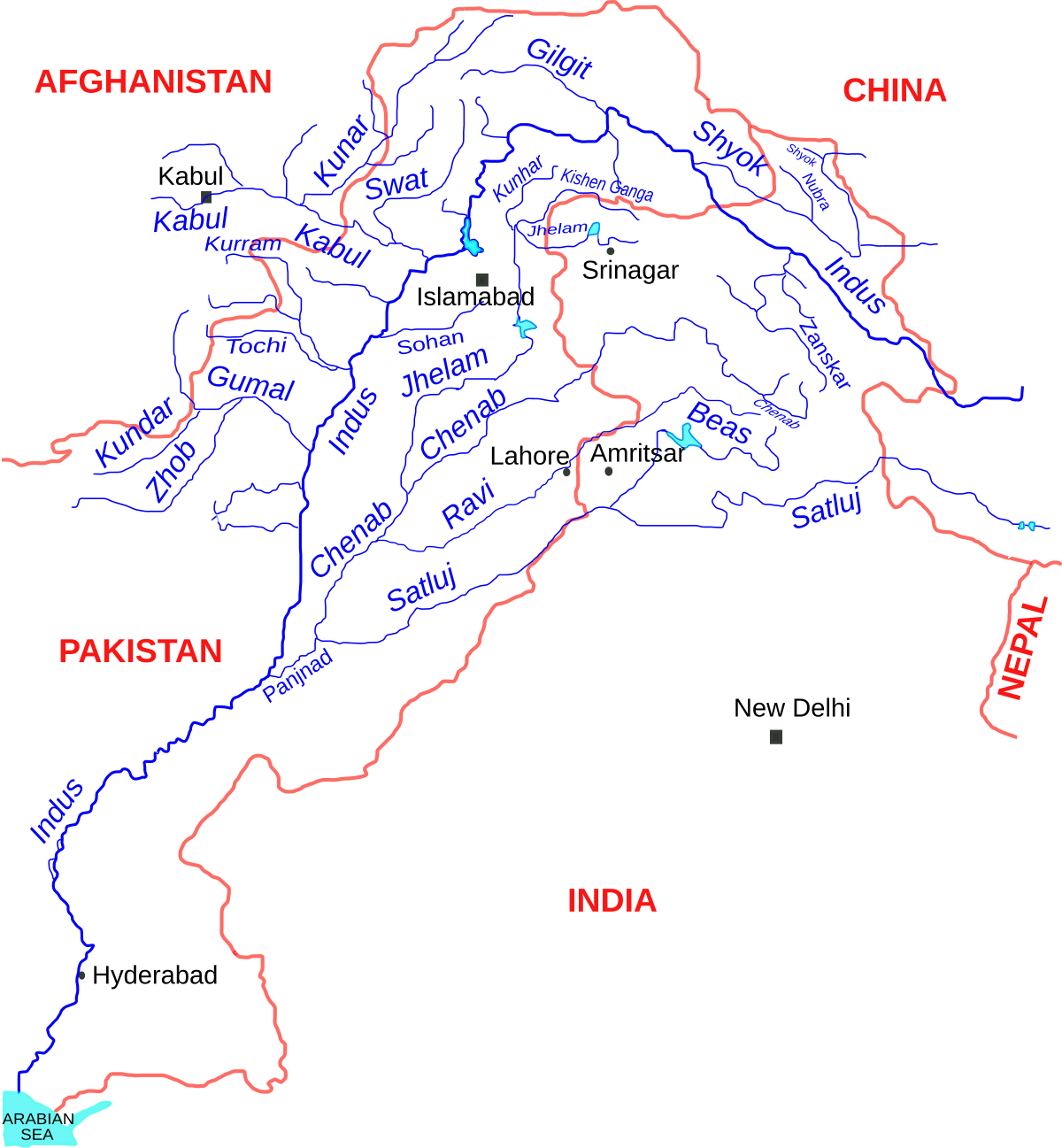New Delhi – In response to a question regarding the status of the Indus Water Treaty amidst the current tensions with Pakistan, the Ministry of External Affairs (MEA) stated that the treaty remains in abeyance and offered no further details from the ongoing briefing. The primary focus of India’s statements remained on Pakistan’s aggressive actions, counter-terrorism efforts, and diplomatic engagements.
During the press briefing, a question was raised about the Indus Water Treaty situation. The MEA spokesperson’s brief response was, “Indust treaty is in obeyance, and as such, I have nothing further to add to the decision that was announced by the cabinet committee on security.”
This indicates that the operational status of the treaty, which governs the use of the waters of the Indus River system, remains suspended from India’s side, based on an earlier decision by the Cabinet Committee on Security. The spokesperson’s statement implies that there have been no new developments or changes in this regard to announce at the current briefing.
The context of the briefing was dominated by the details of Pakistan’s multiple airspace violations, drone intrusions, shelling, and India’s retaliatory actions on the intervening night of May 8th and 9th, as well as broader issues of counter-terrorism and Pakistan’s disinformation. The focus was clearly on the immediate security situation and diplomatic response.
While the Indus Water Treaty is a significant bilateral agreement, the MEA’s response suggests that its status was not directly impacted by the specific events of the last two nights in a way that warranted a detailed update during this briefing. The decision for its abeyance likely stemmed from earlier developments and India’s overall posture towards Pakistan in the context of cross-border terrorism.
The briefing did, however, delve into other aspects of India’s engagement and response, including the External Affairs Minister’s conversations with foreign counterparts focusing on counter-terrorism and India’s targeted measures. The attack on the Jaish-e-Mohammed headquarters in Bahawalpur, a proscribed terrorist entity, and its link to past terrorist acts like the Daniel Pearl murder were also highlighted.
The suspension of the Kartarpur corridor services was also announced, directly linked to the prevailing security scenario. This decision, unlike the brief mention of the Indus Water Treaty, was presented as a direct consequence of the heightened tensions.
The MEA’s concise response on the Indus Water Treaty suggests that while its status is noted, it was not a central element of the information being conveyed regarding the immediate security crisis triggered by Pakistan’s recent aggression. The focus remained squarely on the military provocations, India’s defense, and the diplomatic efforts to highlight Pakistan’s role in fostering terrorism and instability. The details provided by officials like Colonel Qureshi and Wing Commander Singh primarily pertained to the operational aspects of the border situation.









No Comment! Be the first one.